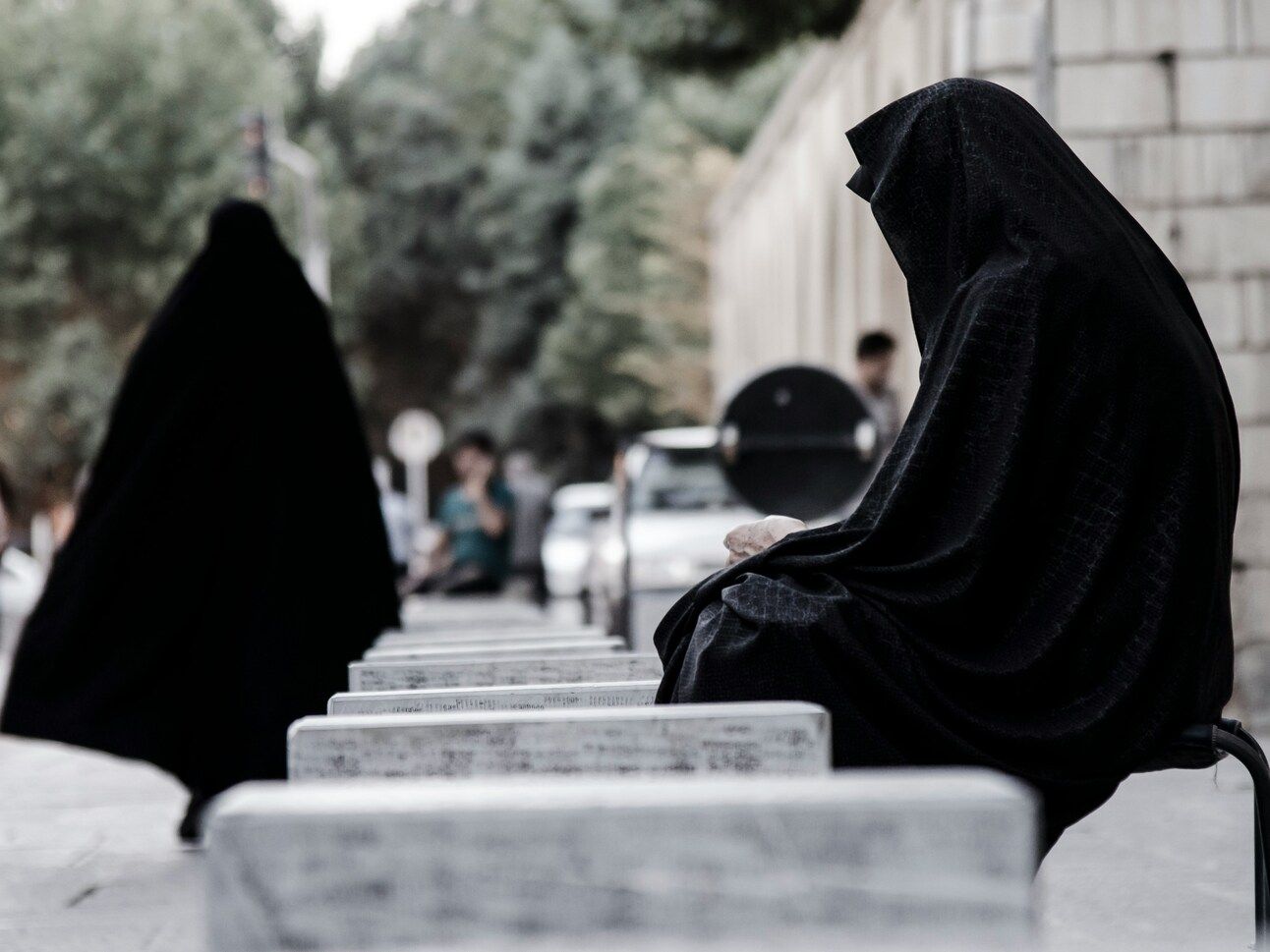How to help Afghan women after Taliban bans them from speaking

Women in Afghanistan are no longer allowed to speak in public. Photo by Majid Korang beheshti on Unsplash
What you probably already know: The Taliban in Afghanistan was already among the most restrictive groups in the world when it came to women’s rights, but the group went a step further last week when it officially prohibited women from speaking or showing their faces outside of their homes. The move has been condemned by the UN and become a rallying cry for human rights groups. Afghan expats have taken to social media to sing in protest of their homeland’s erasure of women from public life.
Why? The Taliban published new “vice and virtue” laws that were approved by their supreme leader, which require women to completely veil their bodies including their faces in thick clothing to — according to their writings — prevent their leading men into temptation and vice. Apparently women’s voices are also tempting and now cannot be heard in public, nor can they be heard singing or reading aloud, even if they’re inside their houses.
What it means: The Taliban swept back into control of Afghanistan as soon as the U.S. left in August of 2021, and things have gotten progressively worse for women since then. The country is ranked last on the Women, Peace and Security Index and the UN has called its moves an “unprecedented deterioration of women’s rights.” Some have even called it “gender apartheid.”
What happens now? Roza Otunbayeva, the special representative of the Secretary General and head of the UN Assistance Mission in Afghanistan called on the Taliban to reverse the policies and is set to report to the UN Security Council on Sept. 18.
What you can do: If you have capacity, there’s a fantastic organization based in Vancouver, Canada called Women Leaders of Tomorrow that works to provide undergraduate programs in the U.S. and Canada for Afghan women, providing scholarships that can help them escape the oppressive regime. It was started by Friba Rezayee, one of the first Afghan women to compete in the Olympics. The group also does tutoring sessions via cell phones provided to women and girls to try to help them get an education in a country where educating girls is banned, and often needs people to help tutor.
Check out the Formidable Podcast — informational interviews with women leaders on news-driven topics, spotlighting timely and thought-provoking issues facing our world.
Listen on Spotify or Apple Podcasts.


